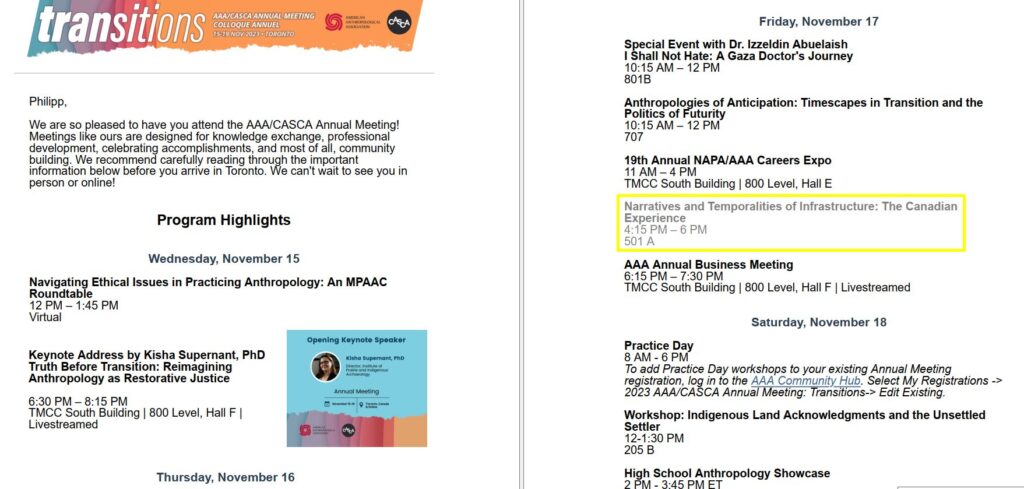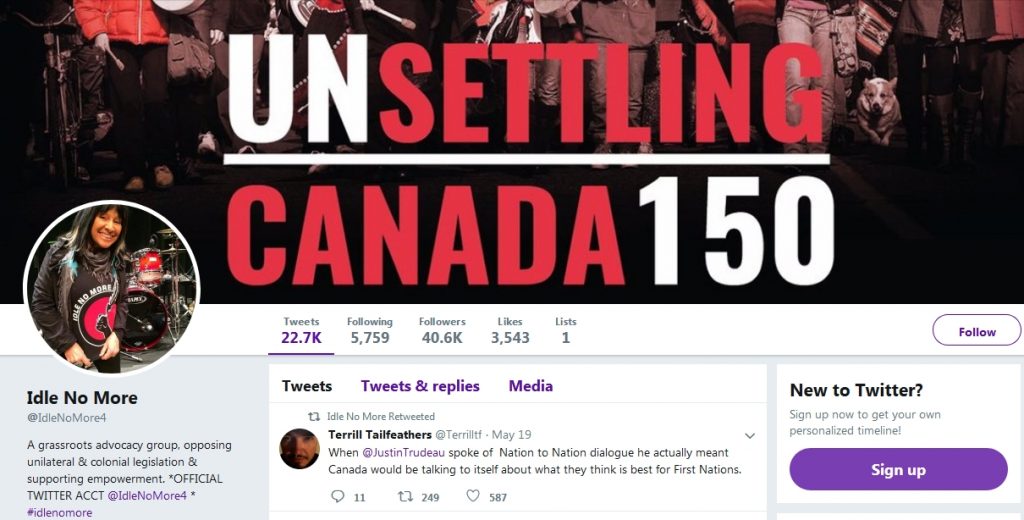The deadline for submitting proposals to the Vienna Anthropology Days (VANDA) 2024 is June 1. I am involved in two panels:
Together with my colleagues from the Digital Ethnography Initiative, Monika Palmberger and Suzana Jovicic, I am organizing a panel on digital ethnography in post-pandemic times.
Since the COVID-19 pandemic has revitalised and boosted interest in digital ethnography, the question arises as to what remains in its aftermath. Has digital ethnography entered the mainstream, and the digital merged with ethnographic research in an obviously profoundly digitised and digitalised world? Or has it disappeared back into the fringes, unphased by the short-lived interest? What do we actually mean when we talk about digital ethnography: online, remote, post-digital and should we discard these terms altogether? What methodological and ethical insights, movements, setbacks, reflections, innovations and (inter)disciplinary cross-references have emerged in the wake of global developments that have forced ethnographers to rethink their research in unprecedented ways? In this panel organised by the Digital Ethnography Initiative (DEI), we explore the state of digital ethnography (defined as ethnographic research with and through the “digital” and not limited to remote/online) as it emerges from turbulent but perhaps also fruitful times. We invite a wide range of contributions discussing methodological issues, conundrums, dilemmas, twists and turns of contemporary digital ethnography, based on original research. The contributors will be invited to subsequently write a short blog entry for the DEI blog, based on the papers presented at the panel.
With Giuseppe Amatulli and Ria Adams, I am organizing a workshop on the connection between infrastructures (and infrastructure projects) and futurities.
Infrastructures have become prominent research fields in anthropology and in the humanities and social sciences more generally (e.g., Buier, 2023; Harvey & Knox 2015; Star 1999). Questions that link infrastructures to development, sustainability, and transformation point to the importance of temporalities – not only the (ethnographic) present, but also the (historical) past and the (sociotechnical) future – as a key analytical lens. Infrastructures are planned, approved, built, operationalized, or renovated with the anticipation that they will, for example, create economic growth and improve the socioeconomic well-being of local populations. Consequently, one way to explore infrastructure development is to look at the broad range of desires, hopes, and fears toward the future of these “sociotechnical spaces” (Mason, 2004). Such sentiments or feelings are particularly strong towards infrastructural “mega-projects” which are very cost intensive, involve a variety of stakeholders, and affect millions of people (Flyvbjerg, 2017). Among such projects are motorways, airports, seaports, spaceports, rail lines, submarine cable systems, dams, wind farms, offshore oil and gas facilities. This workshop invites contributors to discuss the relationships between specifically large-scale infrastructures and futurities – affective and ideologically loaded desires or fears of being in the future – by reflecting on the following two questions: (1) What role do futurities play in the imagining, conceiving, and making of infrastructures and their futures? (2) How do infrastructural futurities shape the relationship between infrastructure development and sociocultural lifeworlds? The workshop will be structured by these two questions and participants will be asked to discuss them in at least two “tour the table” rounds, which are then followed by open discussions.


